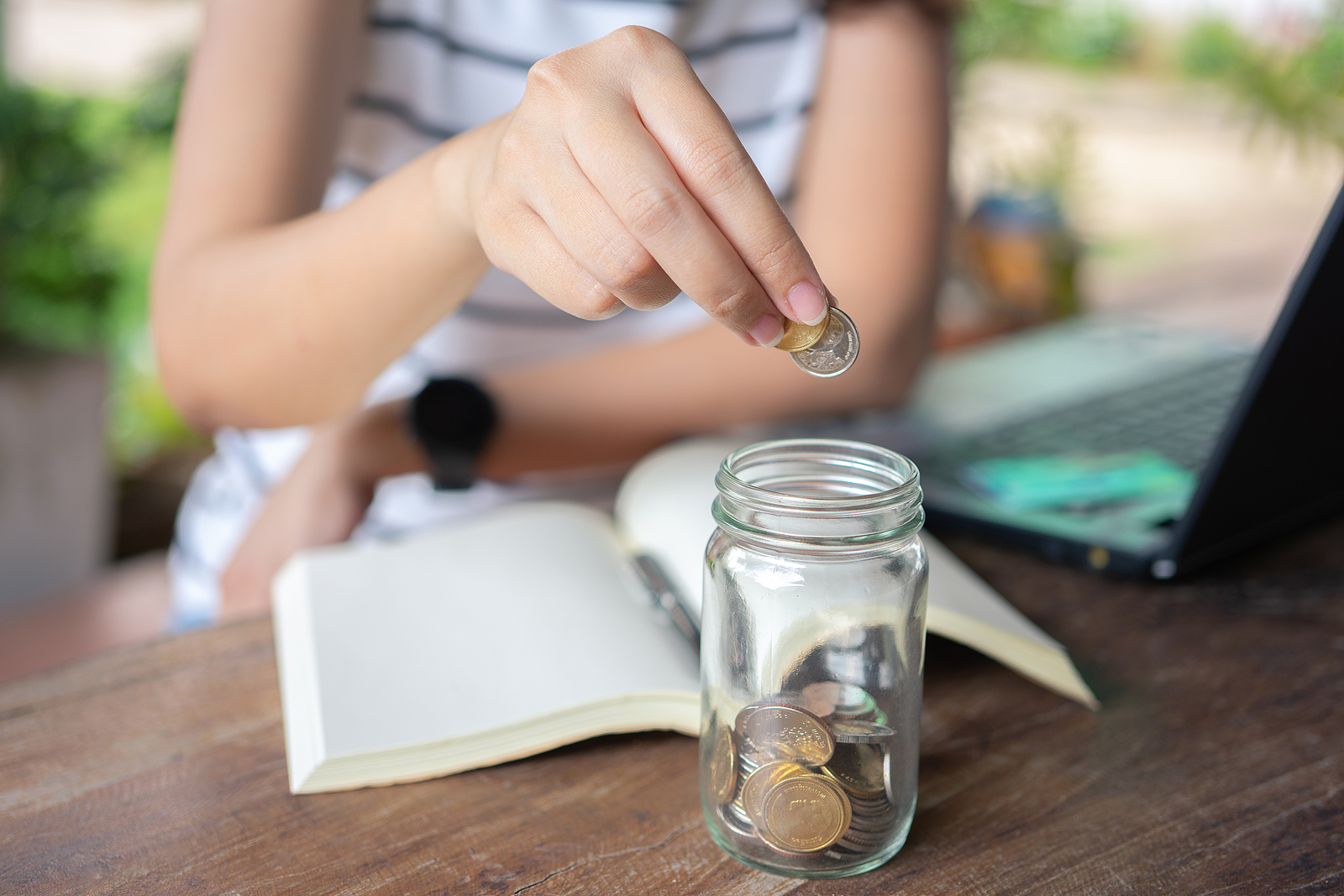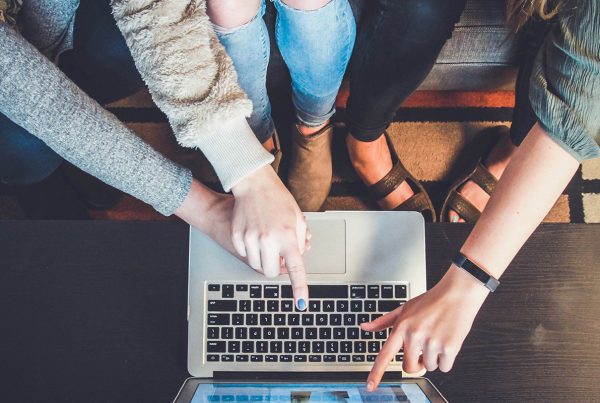If 2020 has taught us anything, it’s that anything can happen and it’s best to prepare yourself for a worst-case scenario. You never know when you might lose your job, fall ill, get into a car accident or lose your home to a natural disaster.
One way to prep for unplanned expenses in your life is by building an emergency reserve. If you don’t already have an emergency fund in place, follow our tips to learn why and how to do it.
What Is an Emergency Fund?
An emergency fund is a reserve of cash set aside specifically for financial emergencies or unplanned expenses. You might use your emergency stash to pay for unforeseen medical expenses, home repairs, car repairs, supporting yourself when you lose a job, or anything else that doesn’t fall into a typical monthly bill cycle.
Why Do I Need Emergency Money?
In the past few months, many people have lost their jobs; without emergency savings in place, they’re likely feeling incredibly stressed about money. While nobody anticipated a pandemic, the current situation is a sobering reminder that emergencies can always happen.
If you don’t have an emergency fund, any sudden financial burden can set you back years. Not having the cash on hand can force you to take out loans and credit cards, or even dip into your retirement fund. If you don’t want to compromise your future, it’s best to play it safe with an emergency stash.
How Much Emergency Money Should I Have?
If you’re wondering how much to save for your emergency fund, there’s no set answer in place. Most financial experts recommend having enough for three to six months of expenses in your emergency savings. Take a look at your monthly spending to determine exactly what you need to put away. When you’ve established that average amount, multiply that by three or six to get your savings goal. If you are married, or have children or other dependents in your life, make sure to adjust your savings goal to accommodate them as well.
Don’t stop there, though. Think about what amount will help you feel financially secure, regardless of how many months of expenses it covers. In the end, you don’t want to have too much money in your emergency fund because it likely won’t outpace inflation. Instead, save a comfortable amount and put the rest of your money into other financial goals in your life.
How to Start an Emergency Fund
Starting an emergency fund is easier than you might think. First, you need to decide where to put the emergency savings. The majority of people keep theirs in a savings account from a bank or credit union. The money will be safe there, and you can create a dedicated account to manage these funds. Another option is loading up a prepaid card or keeping your emergency money in cash. Most people don’t bother with these routes because cash and prepaid cards can easily be stolen, destroyed or lost.
If you don’t already have a dedicated savings account for your emergency reserve, contact your bank to set up a new account. Keeping your emergency money separate from other savings will prevent you from spending it when you don’t need it.
How to Build an Emergency Fund
Now that you have a dedicated savings account for emergencies and know how much you need to save, all that’s left to do is add money to it. Although it might feel daunting to save such a large sum at once, don’t focus on the big picture. Focus on the small contributions you will make to reach your goal. Here are three ways to save for an emergency fund.
Create a Savings Strategy
One of the easiest ways to build up your savings is by creating a savings strategy. Once you get into the habit of saving money regularly, your account will grow before your eyes.
Start by setting a specific monthly savings goal. You know the big number you need to reach; now figure out how much you’re willing to contribute every month to reach this goal. Once you decide, set up automatic recurring transfers on your payday so you don’t have to think twice about adding money to your savings. As long as you don’t turn off your transfers, you will stay on track.
Stay on a Budget
To make sure you reach your savings goal every month, stick to a budget by tracking your expenses. If you decide to overindulge at too many five-star restaurants in one month, you might have to dip into your savings fund to pay for them.
Try to stick with your budget at least until you reach your emergency money goal. Once you reach your goal, adjust your budget to spend more money in other areas of your life again.
Save Bonuses and Tax Returns
Instead of spending your annual bonus or tax return on a vacation or online shopping, put it in your emergency savings account. Oftentimes annual bonuses and tax returns are some of the largest checks people receive all year long. Even if you only deposit a portion of that money into your emergency fund, it will make a huge dent in your savings goal.
Work a Side Hustle
If you don’t have much money to spare at the end of the month or you want to reach your emergency savings goal much faster, consider picking up a side hustle or part-time job. You don’t have to work at your side hustle forever, but it can help you reach your savings goal sooner.
One fun way to earn money on the side is by taking online surveys. You don’t have to go into an office or work during specific hours. Instead, you can earn money fast while you’re lounging on the couch.
At Branded Surveys, we reward our members with points for voicing their opinions surveys for money. Once you reach at least 1,000 points, you can exchange your points for a cash or gift card reward. If your goal is to grow your emergency fund as quickly as possible, start to get paid for surveys in your free time to earn extra cash.
When Should I Use My Emergency Fund?
If your friends present you with an extravagant vacation package but you don’t have the cash for it, don’t dip into your emergency reserve. Before you reach your savings goal, set yourself up with guidelines as to what constitutes an unplanned expense or emergency. Although it might feel tempting to splurge on a last-minute vacation, keep in mind that you need that money for actual emergencies, like car repairs or to cover medical treatment. If you do end up spending some of your emergency savings, make a plan to rebuild the dent you left in your account.
Now that you know everything there is to know about emergency funds, are you ready to start building one yourself? Here at Branded Surveys, we can help you earn extra money by taking online surveys. If you’re ready to reach your emergency goal sooner than later, sign up to start taking online surveys today.











